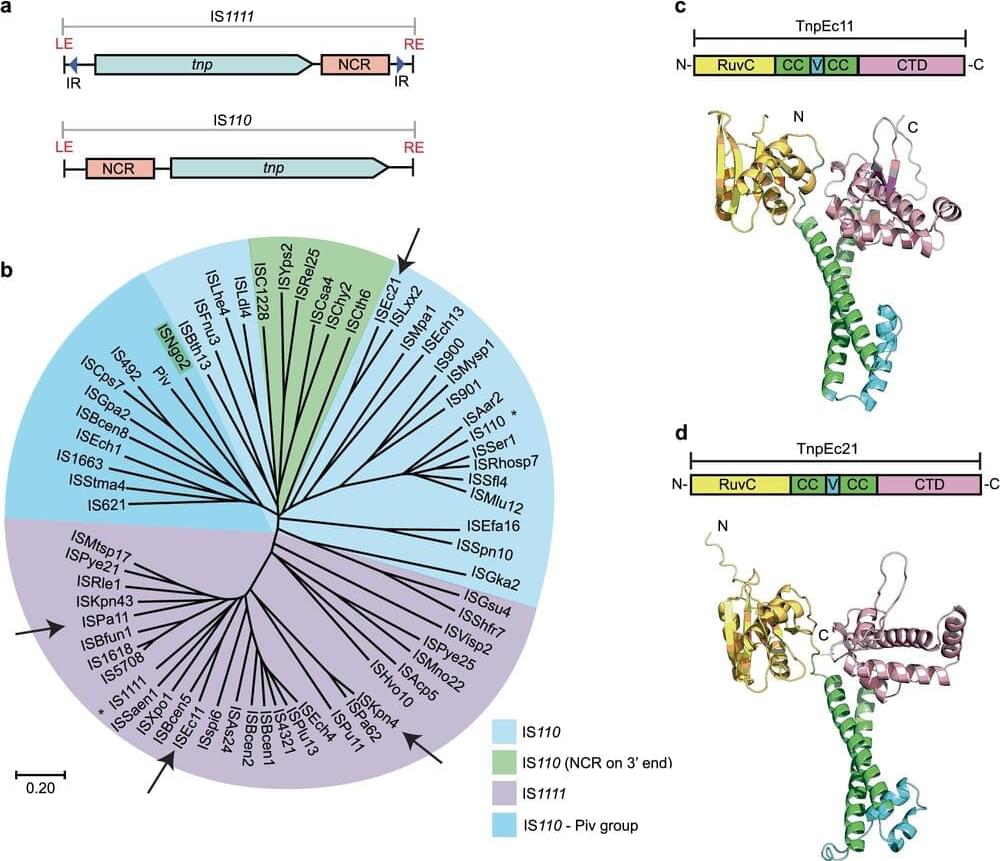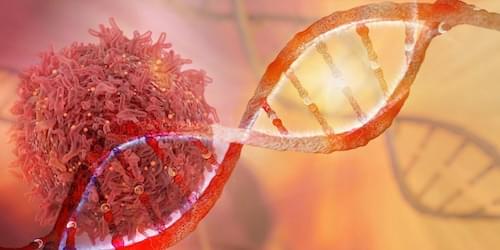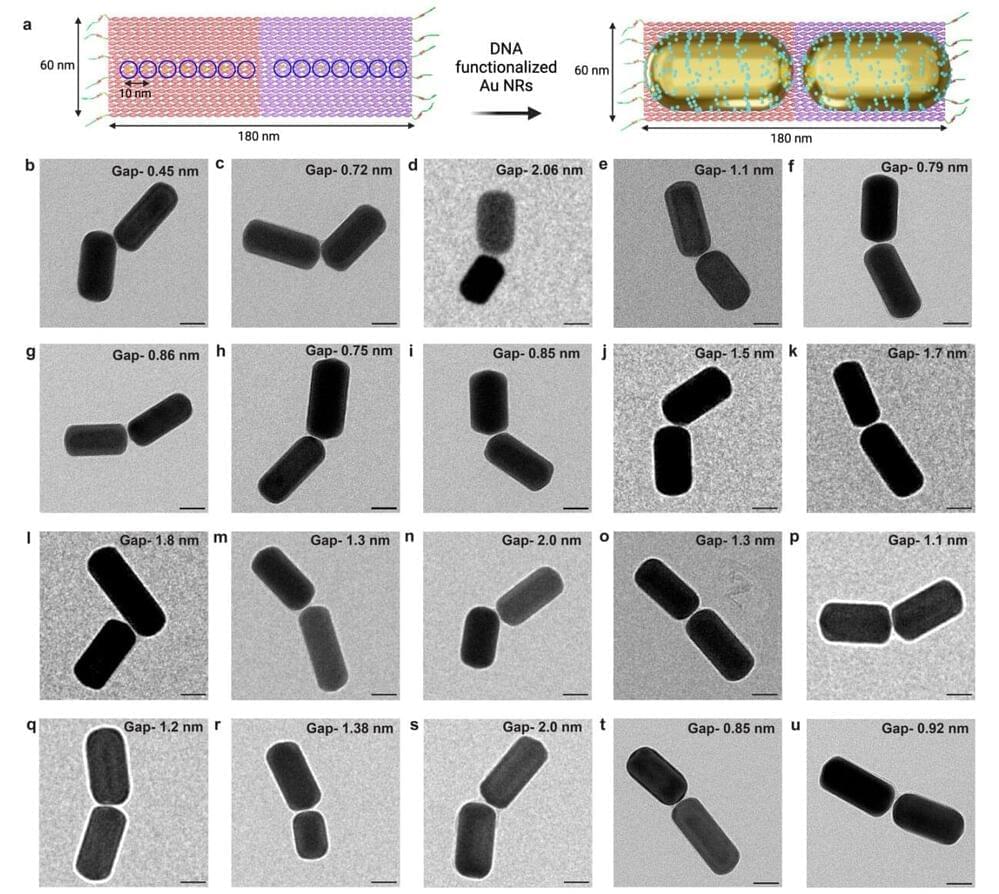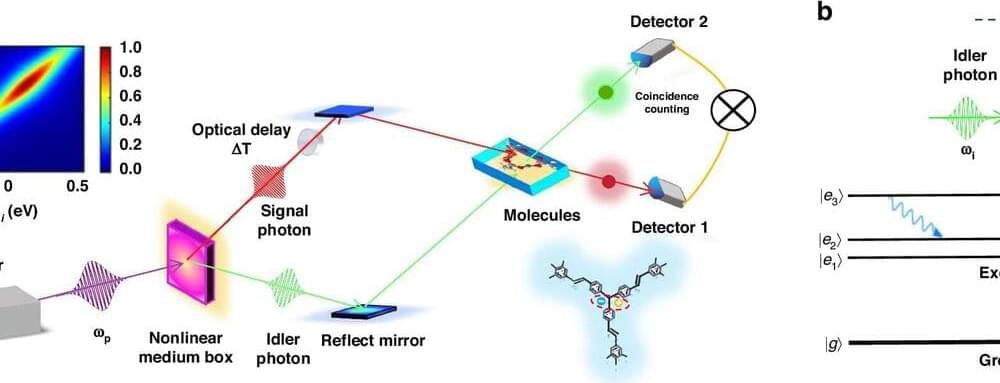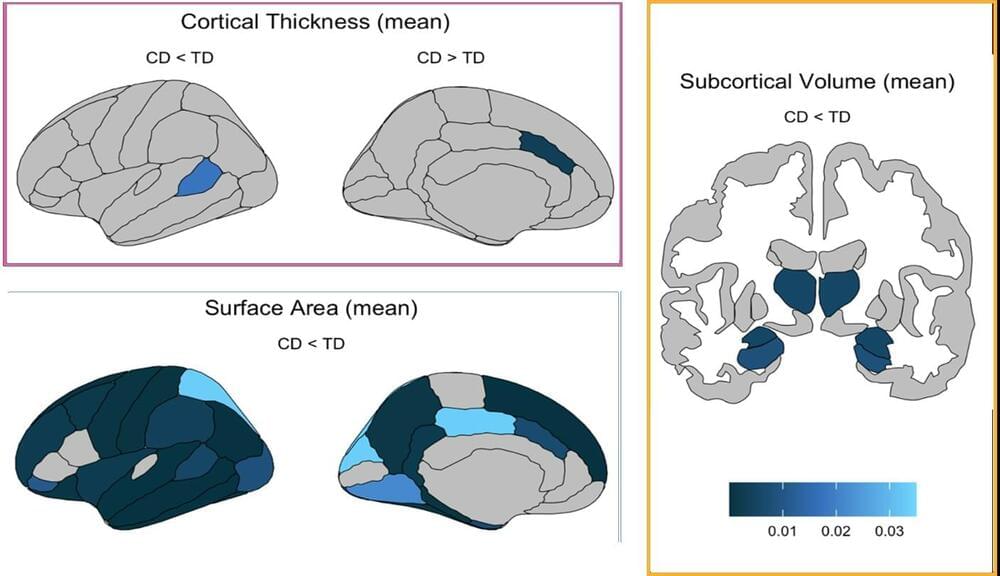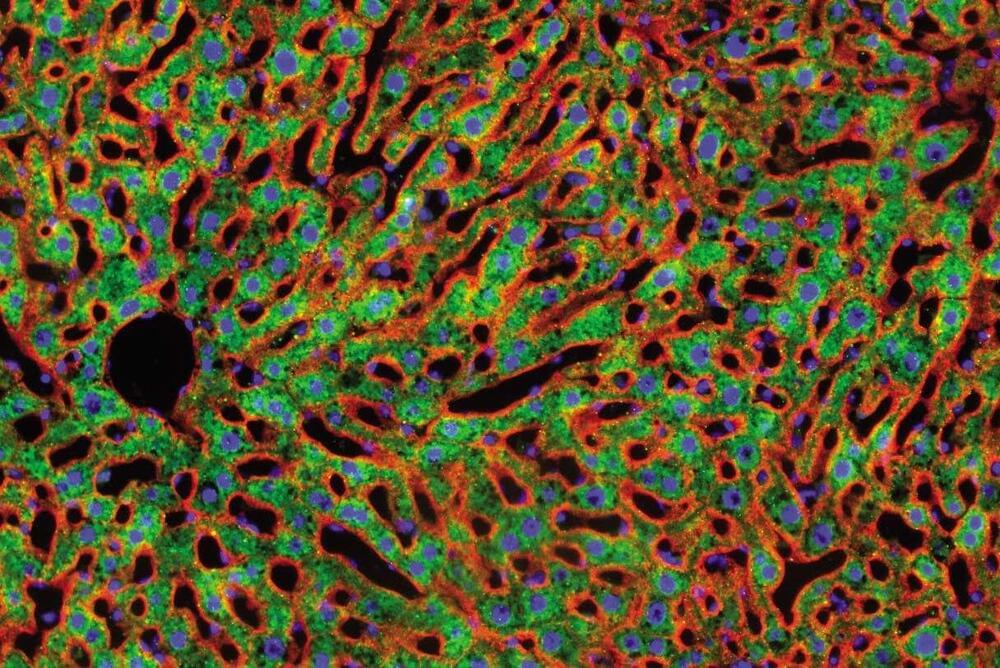The path toward a cancer diagnosis is anything but fun. Among the least enjoyable aspects of the journey are the invasive and often excruciating biopsies that are needed to collect information about the genetic mutations or chromosomal abnormalities of the cells in a growing tumor. This information is critical for an accurate diagnosis of a patient’s cancer, as well as for prognosis predictions and treatment selections. At the recent Acoustical Society of America meeting in Ottawa, Canada, Roger Zemp of the University of Alberta reported on an alternative method that he and his colleagues have developed for extracting this genetic information that uses sound waves rather than tissue removal. “Traditional biopsies with their big needles are scary and painful,” says Joy Wang, a master’s student who works with Zemp. “Our method is pain free and can provide clearer information about a cancer’s genetics.”
Biopsy needles are akin to hole punches for the flesh. These long, hollow needles can be over 2 mm in diameter and typically punch out a core of flesh between 1 and 2 mm in diameter. For comparison, the average blood-draw needle is half a millimeter in diameter. The large holes made by the biopsy needles significantly increase the likelihood of pain, swelling, bruising, or infection at the biopsy site, both during the biopsy collection and for days afterward.
The prospect of being left black and blue can cause patients significant anxiety. The worry can become so high that it can stop a person from getting a questionable lump or bump checked out. Therefore, researchers have been searching for less invasive, less frightening methods to retrieve the information that biopsies provide. Alternative techniques could also allow for earlier detection of some cancers, Zemp says.
